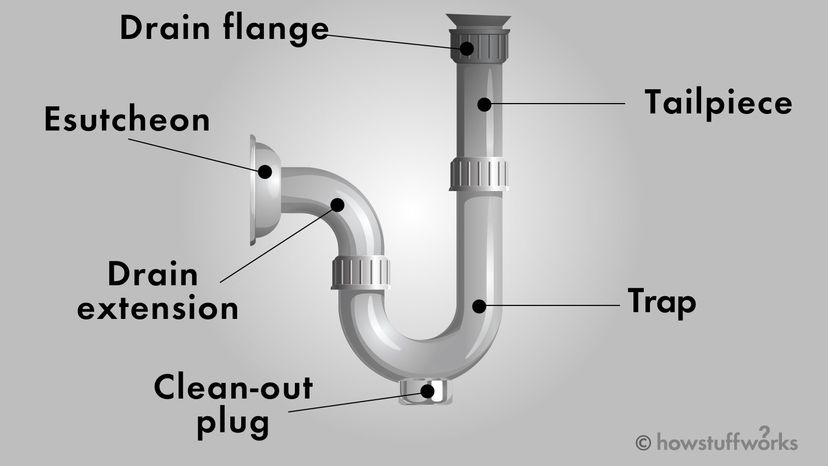All Categories
Featured

[/image][=video]
[/video]
Before you hurry to call a plumbing professional or make some poor DIY option, you might want to take a look at these pipes tricks that can save you time and money. It is very important to know where you water shut off shutoff is in your home, as this can save you from more major damage when plumbing problems take place.
Once whatever is shut off, have a look at your water meter. If the meter continues to move, it's likely that you have a leakage someplace in your system. This method won't tell you where the leakage comes from, but it's a good primary step towards recognizing a problem. A continued motion on your water meter when all water resources are shut off is a clear red flag that needs prompt attention.
Slow drains pipes are typically an early warning indication of a larger issue. It might suggest a clog in the production, a trouble with your sewer line, and even tree origins infiltrating your pipelines. Instead of waiting for the drainpipe to end up being entirely blocked, take activity as quickly as you discover a stagnation.
:max_bytes(150000):strip_icc()/Household_Plumbing_Checklist_Final-33e19ec46c86438c83fc1efee56797d8.jpg)
If these do not function, it might be time to employ a specialist. Neglecting the concern might result in extra serious and pricey issues down the line. Understanding where your primary water shutoff valve is can conserve you from prospective water damage in instance of a significant leak or pipes calamity.
Is Diy Plumbing Safe?
Make sure every house grown-up understands where the shutoff valve is and exactly how to utilize it. In case of a serious leakage, swiftly transforming off your home's supply of water can decrease damage and give you peace of mind while you wait for a plumbing professional to get here. It's a popular notion that chemical drainpipe cleaners are the ultimate solution for clogged drains pipes a concept that couldn't be even more from the fact.
The chemicals can corrode the inner lining of the pipelines, leading to damaged structures, leaks, and even pipe bursts. They can leak into groundwater and infect it, posturing dangers to neighborhood communities.
These tools can efficiently clear obstructions without causing any damage to your pipelines. If these techniques do not work, don't wait to call a professional. Also, keep in mind that prevention is constantly far better than cure. Avoid putting oil, oil, or any kind of solid waste down your drains, as they can solidify and trigger blockages.

Over-tightening can lead to many problems, consisting of stripped screws and damaged bolts, resulting in leakages or also water damage. This typical error in DIY pipes tasks can turn a minor repair into an expensive venture.
Should I Hire A Plumber?
Plumbing professional's tape, or Teflon or string seal tape, is a must-have device for every house owner. It produces water tight seals at pipe threads, stopping leakages at joints and links.

Before affixing any fittings, take a minute to wrap a few layers of plumbing professional's tape around the threads in a clockwise direction. See to it the tape covers all the strings and is wrapped tightly. This easy yet vital step can save you from dealing with bothersome leaks down the line.
Remember that for larger problems, professional aid is constantly recommended. To stop this from happening, think about setting up pipeline insulation.
And also, throughout chillier months, pipe insulation can assist avoid your pipelines from cold and breaking a scenario that can cause costly repair services. When it pertains to securing fixtures like taps, numerous DIY enthusiasts naturally grab a plumbing technician's putty. There's a choice that may offer you far better silicone caulk.
Is Diy Plumbing Safe?
This adaptability enables it to accommodate small changes or movements without damaging the seal, offering a more resilient and resilient solution. Simply bear in mind to allow the caulk remedy totally according to the supplier's instructions prior to subjecting it to water to make sure the most effective outcomes. "Doping" in pipes describes applying pipe dope, or pipeline joint substance, to the threads of plumbing links before they're screwed together.
Latest Posts
The Definitive Guide to Identity Protection Tools
Not known Facts About Identity Protection Tools
24/7 Plumber